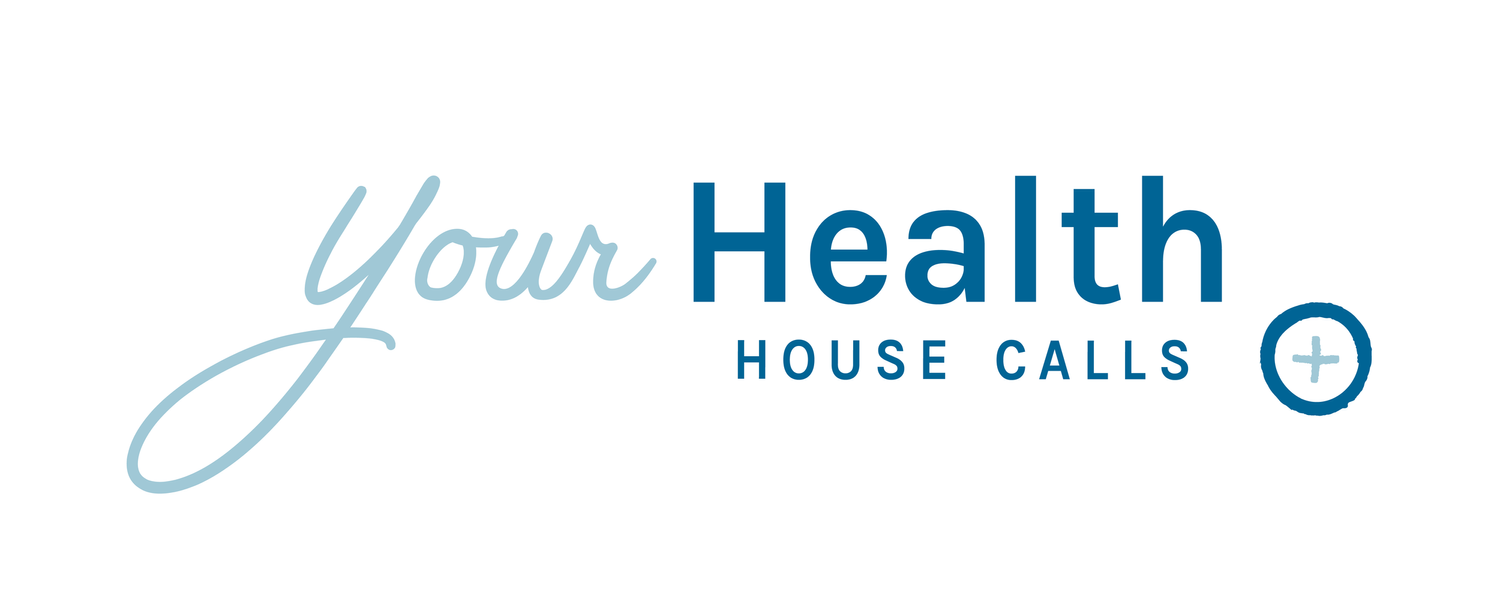South Carolina & Georgia House Calls (SC & GA HC) provides a continuity of care for their patients through an extensive network of resources. Those resources include multiple in-house specialties, including pharmacy, cardiology, psychotherapy, social work, diabetic specialty teams, and a new chronic care management program. The medical specialists and teams are agile problem prevention experts focused on the complete well-being of each patient.
1. Specialists:
In traditional practices, patients needing a specialist are often subjected to long delays in obtaining an appointment and have the burden of traveling to the specialist's office. With SC & GA HC, the specialist and primary care provider are part of the same team, improving communication and collaboration on care plans and treatment options. Virtual specialist visits can be scheduled at the patient's convenience and in the comfort of their home.
2. Team:
By designing primary care services emphasizing prevention, health promotion, and chronic disease management, SC & GA HC seeks improved outcomes throughout its patient demographics. The team approach lends itself well to proactive care where expertise and resources are customized for the individual patient. Continuity of care is further enhanced with in-house specialists who currently include over ten specialty services available for consultation or in a Telemedicine format for the patient.
3. Medication Management:
The pharmacist group helps mitigate medication nonadherence for patients through pharmacy consults. A pharmacy consult includes medication reconciliation, polypharmacy evaluation, de-prescribing, and education about a patient's prescribed medications. With medication nonadherence as one of the leading causes of hospitalizations, the consult is an effective preventative tool.
4. Relationship:
Today, healthcare trends give patients more choices and ways to actively manage and direct their care. A patient who sees their provider relationship as a partnership has trust and is more likely to share in managing their care; with this added trust, patients are more receptive to suggestions of lifestyle changes to improve overall health rather than drastic intervention
5. Technology:
Remote Patient Monitoring (RPM) allows daily capture of a patient's vital signs in the home. The RPM technology measures oxygen saturation, weight, blood pressure, pulse, and thermometer for temperature. Captured data is transmitted to a central location where medical professionals analyze it. For patients suffering from chronic illnesses, this technology has proven invaluable for allowing a quicker response from clinicians to avoid preventable hospitalizations.
SC House Calls & GA House Calls is a network of over 250 medical professionals providing In-home medical house calls and Telehealth visits to Private Residences, Assisted Living Communities, and Skilled Nursing Facilities. SC House Calls serves all 46 Counties of South Carolina. New patient registration, appointments, and 24-7 access to medical professionals are available through its Center for Telehealth @ 800-491-0909

